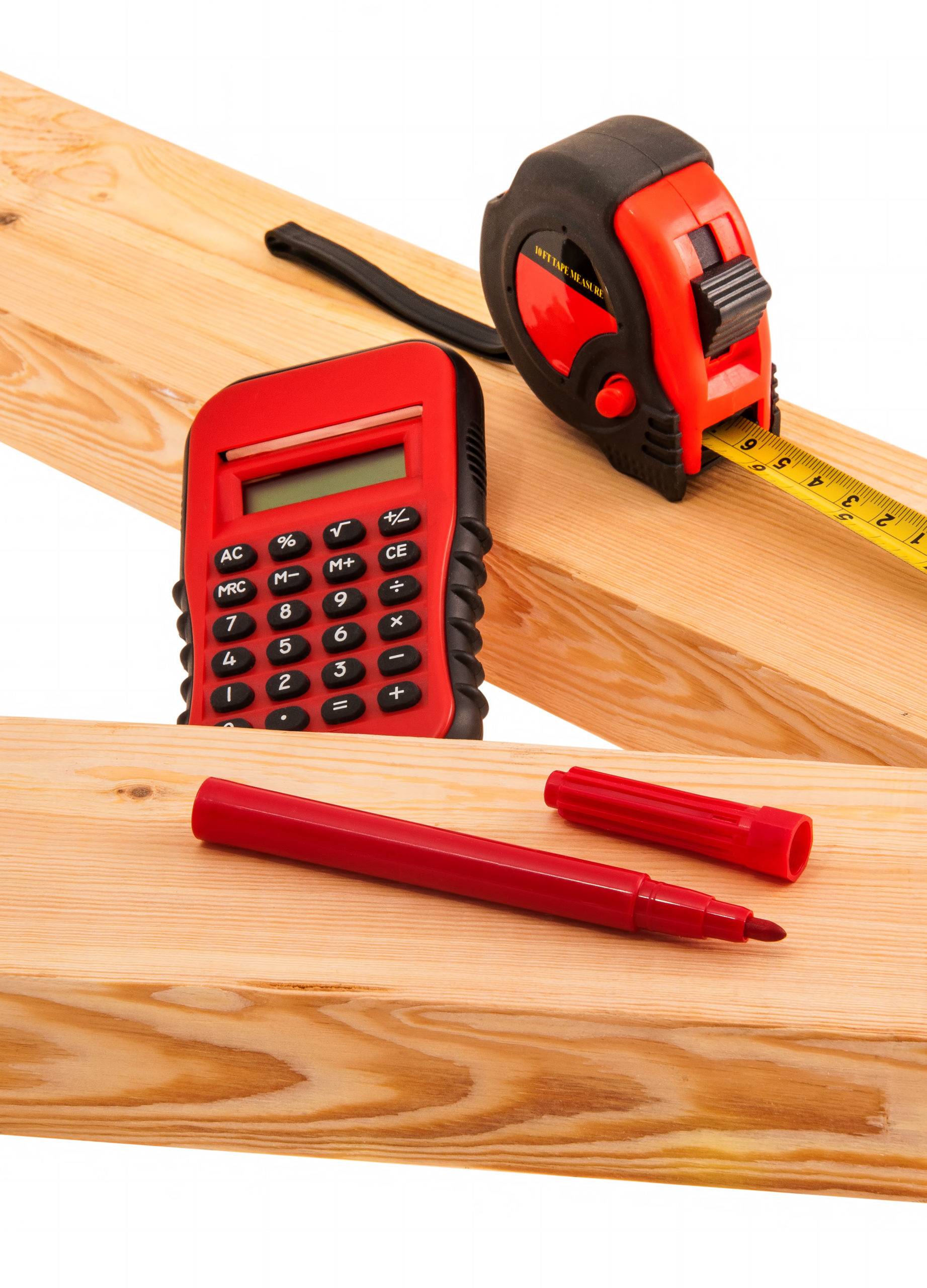
A mass apology to all of our math teachers is in order…
At some point in your high school career, you probably heard someone in math class ask, “Are we ever going to use this in the real world?” Heck, maybe you were the person who asked it! And, inevitably, your poor math teacher would have to give a few examples that most of the students in class would dismiss out of hand. “We’ll never use that!” Well, turns out that you do!
If you enjoy baking, guess what? Accurate measurements will determine if your cake is moist and delicious or dry and trash-worthy. If you are heading out on a trip to a foreign country, being able to convert currency in your head can be a very valuable and time-saving skill. And then there is something that we ALL need math skills for, tax time! There are the professional applications out there that require slightly more advanced math skills.
Practical Math Skills Are a Must

At ROLINC, our teams are looking for specialists in skilled trades, industrial services, constructions trades, structured cabling, and engineering. All of these fields and trades require a measure of math abilities. And the demand for these fields is greater than ever! With the current skilled trades’ gap, employers are having a harder time than ever filling vital, high-paying positions, and it doesn’t look like this gap will be closing any time soon. With the right skills, along with some help getting your foot in the door, you could find the career of your dreams. But to succeed in this “real world”, you are going to need math skills.
The Most Important Things to Know
Let’s talk about something that tradesmen have to do every day: convert decimals into fractions. It’s a foundational mathematics skill that is taught in junior high but is rarely used after that if you aren’t in a field that demands it. If you’re feeling a little shaky on how to convert, we have a video here that might help remind you of the procedure:
If you are looking for a handy way to brush up on fractions, look no further than your trusty tape measure. One of the most commonly used tools-of-the-trades out there, a knowledge of how fractions work is essential to quickly and accurately be able to take measurements. Here is a short video reviewing some practical use of the tape measure:
So, what if it’s too late? What if you are planning on making a big career change, but discover that you lack the math skills and abilities to be hired? Well, it’s never too late! There are many adult educations courses, both online and at schools that you can take to improve your math abilities and bring you to the level that you need to have a successful career in the trades. It may feel a little weird to be sitting in a math class again, but at least you will know this time that no one will be asking, “Will we ever use this in the real world?”
If you are looking for a career change to the construction, manufacturing, or cabling technician industries, please reach out to ROLINC Staffing today. We work with employers to help them find the exact match for the positions they are looking to fill. So, if you’re ready to jump into a brand new career, let’s get started!
